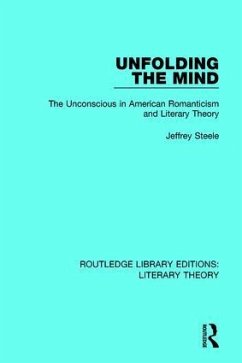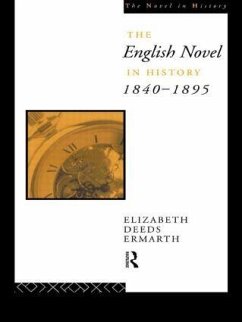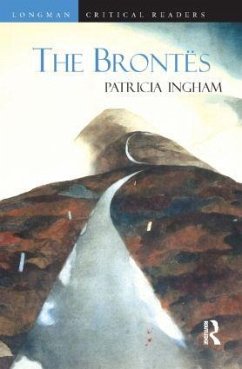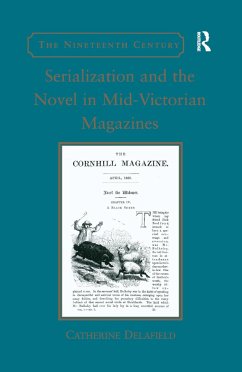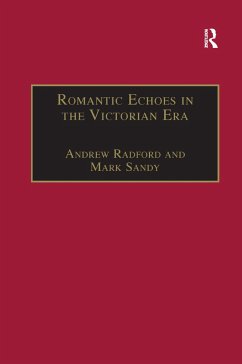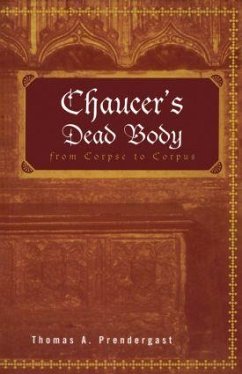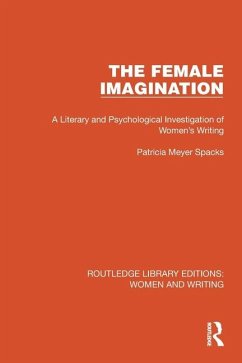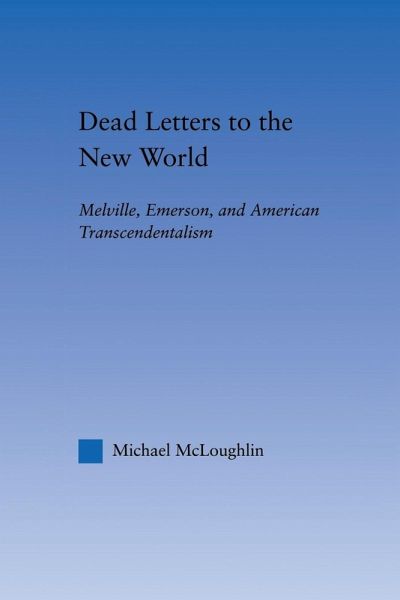
Dead Letters to the New World
Melville, Emerson, and American Transcendentalism
Versandkostenfrei!
Versandfertig in 1-2 Wochen
69,99 €
inkl. MwSt.
Weitere Ausgaben:

PAYBACK Punkte
35 °P sammeln!
This book contextualises and details Herman Melville's artistic career and outlines the relationship between Melville and Ralph Waldo Emerson. Michael McLoughlin divides Melville's professional career as a novelist into two major phases corresponding to the growth and shift in his art. In the developmental phase, from 1845 to 1850, Melville wrote his five Transcendental novels of the sea, in which he defended self-reliance, attacked conformity, and learned to employ Transcendental symbols of increasing complexity. This phase culminates in Moby-Dick , with its remarkable matching of Transcenden...
This book contextualises and details Herman Melville's artistic career and outlines the relationship between Melville and Ralph Waldo Emerson. Michael McLoughlin divides Melville's professional career as a novelist into two major phases corresponding to the growth and shift in his art. In the developmental phase, from 1845 to 1850, Melville wrote his five Transcendental novels of the sea, in which he defended self-reliance, attacked conformity, and learned to employ Transcendental symbols of increasing complexity. This phase culminates in Moby-Dick , with its remarkable matching of Transcendental idealism with tragic drama, influenced by Hawthorne. After 1851, Melville endeavoured to find new ways to express himself and to re-envision human experience philosophically. In this period of transition, Melville wrote anti-Transcendental fiction attacking self-reliance as well as conformity and substituting fatalism for Emersonian optimism. According to McLoughlin, Moby-Dick represents an important transitional moment in Herman Melville's art, dramatically altering tendencies inherent in the novels from Typee onward; in contrast to Melville's blithely exciting and largely optimistic first six novels of the sea, Melville's later works - beginning with his pivotal epic Moby-Dick - assume a much darker and increasingly anti-Transcendental philosophical position.






